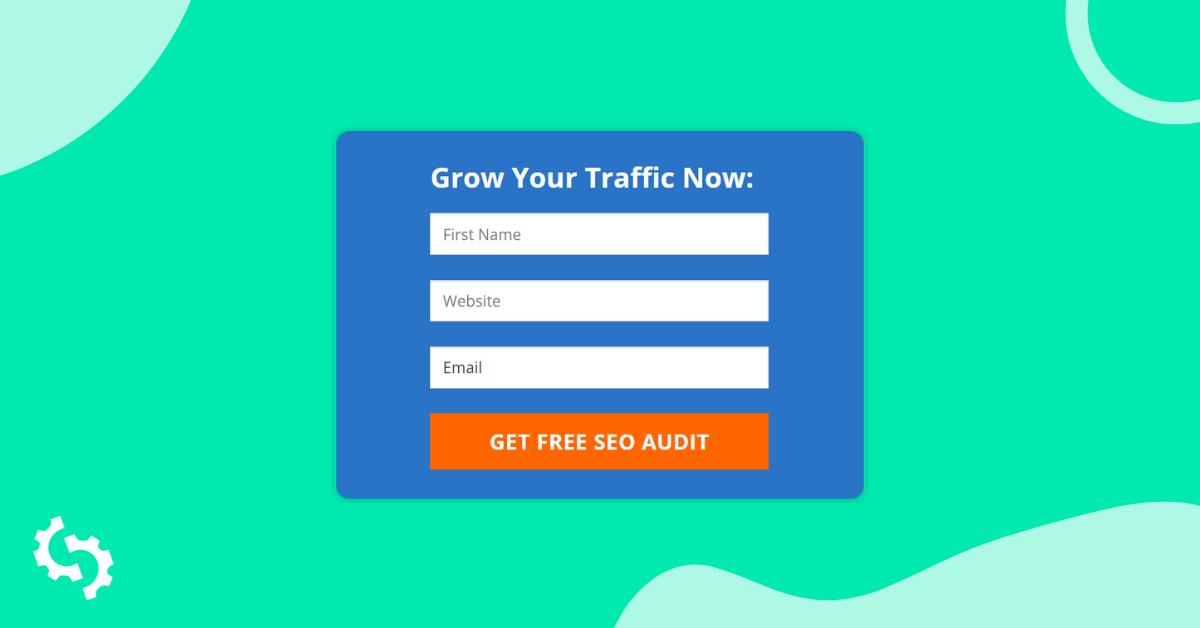
If you’ve been in SEO for a few years, you know that it’s a constantly changing field.
Just when you think you’ve nailed down the latest algorithm update, a new trend emerges, shaking up rankings.
Over the years, we’ve seen SEO evolve from basic keyword stuffing to today's mix of user experience, AI-driven personalization, and search intent optimization.
As we approach 2025, the question on every marketer’s mind is: What’s next for SEO?
Will AI dominate the way we create and optimize content? Will zero-click searches make organic traffic harder to sustain? And how can businesses future-proof their strategies against these changes?
To answer these questions, we reached out to ten leading SEO experts to share their insights on how they think SEO will change in 2025 and what it will take to stay ahead.
So before we begin, I'd like to thank the following marketers and SEO experts for their valuable insights and feedback:
- Jonathan Delamater, Founder at Course Unlocked, New York, United States
- Robin Dimond, CEO and Founder at Fifth & Cor, Florida, United States
- Steve DiMatteo, Senior SEO Strategist and Content Manager at Sixth City Marketing, Ohio, United States
- Tom Menzies, SEO Consultant at Maxweb, Wirral, United Kingdom
- Nikola Baldikov, SEO and Founder of InBound Blogging, Plovdiv, Bulgaria
- Alexander Hill, Founder and Director at AhwebSEO, Leicestershire, United Kingdom
- Faiza Aijaz, Co-Founder of Ecazon Ecommerce Solutions, Sindh, Pakistan
- Dmytro Sokhach, CEO at Editorial.Link, Florida, United States
- Sarah Blocksidge, Marketing Director at Sixth City Marketing, Ohio, United States
- Darryl Stevens, Founder and CEO of DIGITECH Web Design, Texas, United States
The key takeaway is that SEO will continue to change according to new technologies and user preferences.
As Jonathan Delamater from Course Unlocked puts it:
To finish 2024 and going into 2025 - SEO is changing quite a bit. The summary? SEO is not dead - it's just changing.
AI will Not Replace SEOs and Marketers
Let’s start this post off on a positive note.
Do you remember when tools like ChatGPT and Gemini were just rolled out, and how people speculated that “this is the end of SEO” or “SEO is dead”, let’s not forget the popular headline, “AI is replacing writers and SEOs”.
Fast forward to the end of 2024, and I think it’s safe to assume that these statements are completely false.
In fact, we now see how AI enables marketers to work more efficiently and effectively.
One of the common themes that came up when we polled our SEO experts was how AI will continue to change how marketers work.
Not only has AI made its way into Google Search, but marketers are also using it to optimize content and perform SEO-specific tasks such as keyword research, content generation, and more.
AI will make SEO faster and smarter. It’ll help with content creation, keyword research, and understanding user behavior.
- Robin Dimond, CEO and Founder of Fifth & Cor
For instance, tools like Jasper, ChatGPT, and Google Gemini are already part of our content production processes here at SEOptimer and many other well-known companies on the web.
I think more companies will start to incorporate AI in their processes, like Steve DiMatteo from Sixth City Marketing puts it:
AI will be the #1 thing to alter the SEO landscape in 2025, but not from the standpoint of eliminating writers' jobs or simply doing the work for all of us in the digital marketing world. No, it will simply be another tool in the arsenal, another way in which marketers can craft a content strategy that showcases a brand's expertise and authority on any given topic.
- Steve DiMatteo, Senior SEO Strategist and Content Manager at Sixth City Marketing
And the data supports these claims. According to a report from Basis Technologies, 72% of marketers use generative AI tools at least once a month in their work.
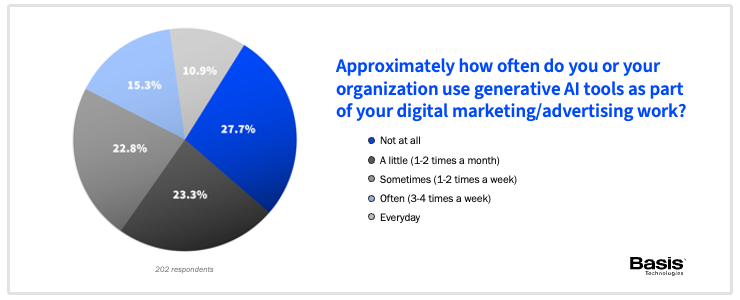
I think this number will likely only increase as these tools get more advanced and better at specific SEO-related tasks.
For instance, a tool like AltTextGenerator can be used to generate alt text tags for images using AI technology.
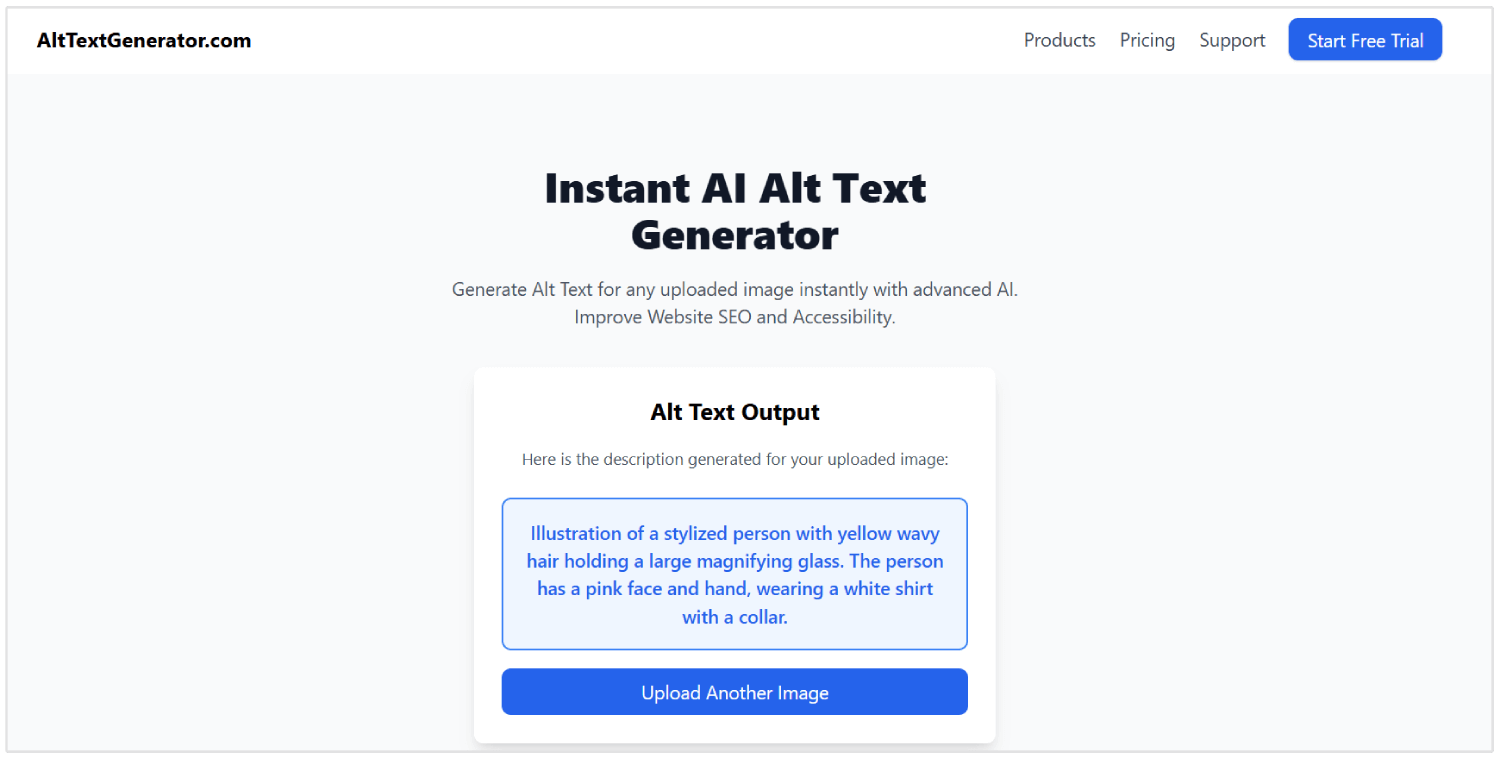
As you can imagine, this tool isn't going to take away your job, it's just making it easier and faster to get tasks (like writing alt text for images) done.
Nailing Search Intent will be Key to Higher Rankings
Even though Google and SEO is going through a major shift, the one thing that remains central to high rankings is meeting user search intent.
AI, emerging technologies, and algorithm updates may change the way Google shows information and ranks websites, but the one thing that all these have in common is to improve the overall user experience.
Google’s main goal is to organise the world's information and give users the information they are looking for.
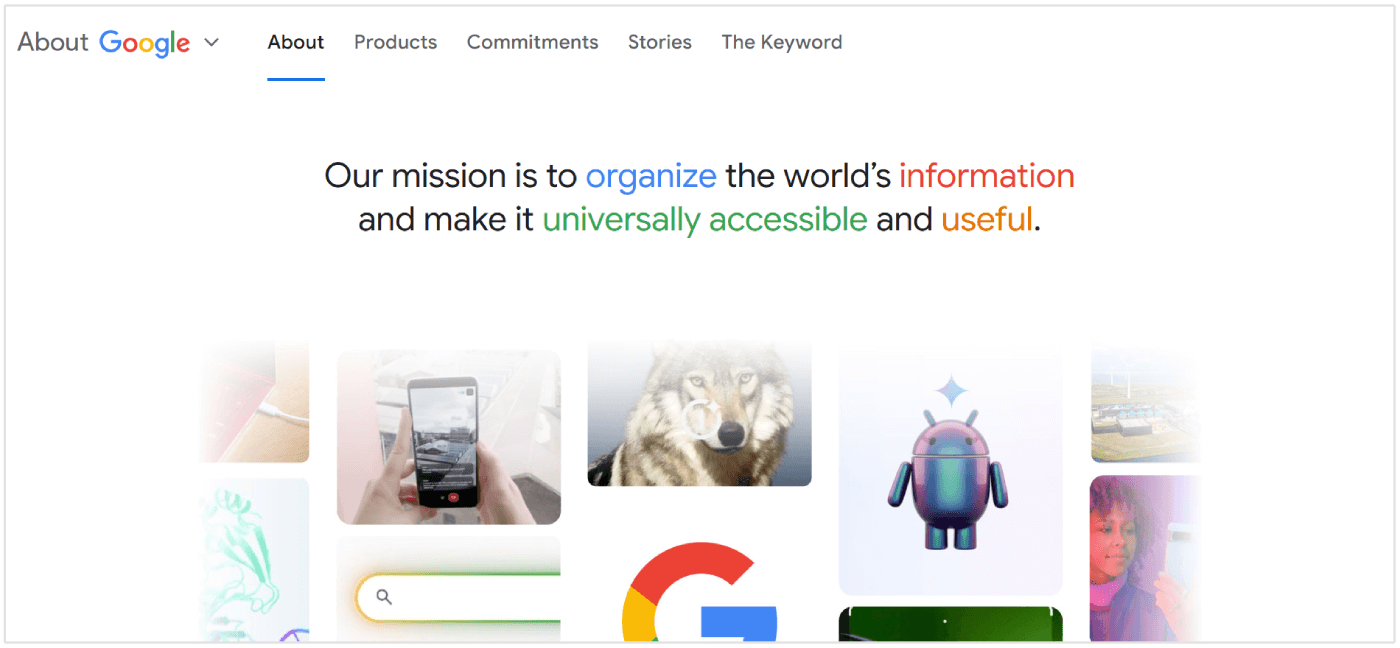
Tom Menzies from Maxweb highlighted that marketers will need to focus even more on meeting specific user intent in 2025.
One of the biggest shifts I anticipate is an even deeper focus on user intent. Right now, we talk about matching content to broad intents like informational, transactional, or navigational. By 2025, I predict that we’ll need to address micro-intents—those nuanced, moment-specific needs that AI and search engines will become adept at understanding.
- Tom Menzies, SEO Consultant at Maxweb
Tom gives this good example of such a scenario:
I want to learn this but also buy that, and I need it all wrapped up in a quick answer because I’m on my lunch break.
To meet these demands, SEOs will need to create not just great content but content that meets users exactly where they are in their journey.
Additionally, trying to compete purely on word count or keyword usage is going to become less effective going forward, especially with the rising popularity of AI Overviews.
Unlike traditional SEO, AI Overviews value content that gives quick, clear, and useful answers, putting quality and clarity first over things like keyword stuffing or word count.
- Nikola Baldikov, SEO and Founder of InBound Blogging
Google will Prioritize Real Expertise and Human Signals
With the rise of AI-powered tools, content risks becoming too similar. Many AI systems generate responses that share the same tone and structure, leading to a sense of sameness across different pieces of content.
So if everyone is doing the same thing, it poses a critical question for search engines:
How do they decide who wins?
I anticipate search engines will place greater emphasis on unique, human-driven perspectives, and depth of expertise. Content authenticity, context, and demonstrable expertise will likely outweigh generic or cookie-cutter pieces.
AI will become a helpful tool in automating repetitive tasks, streamlining technical optimization, and generating content outlines, but the standout players in SEO will be those who harness AI to augment human creativity and provide original insights or experiences.
- Alexander Hill, Founder & Director at AhwebSEO
For instance, Google’s focus on EEAT (Experience, Expertise, Authority, Trust) suggests a shift towards deeper evalutions of content value.
I think the magic now lies in humanizing your content—gathering insights with AI while adding unique perspectives and human experiences.
- Faiza Aijaz, Co-Founder of Ecazon Ecommerce Solutions
AI might help you find relevant data or identify trends, but personal stories, expert opinions, and comprehensive research will make your content stand out from the crowd.
Zero Click Search Experiences
Google has introduced different types of SERP features over the years, including Featured Snippets, the Knowledge Panel, People Also Ask, as well as AI Overviews - the latest addition.
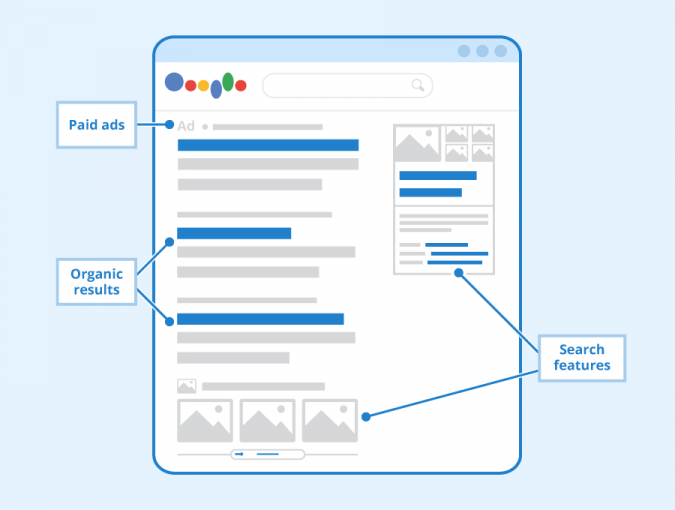
Each of these SERP features answers the user’s query in some way, reducing the need for users to click through to the search results.
These are known as zero click searches.
Many SEOs and marketers anticipate that these types of searches will continue to become more popular going forward.
Dmytro Sokhach, CEO at Editorial.Link, a link-building agency based in Florida, says that they're already seeing drops in traffic even from high ranking positions such as second or third.
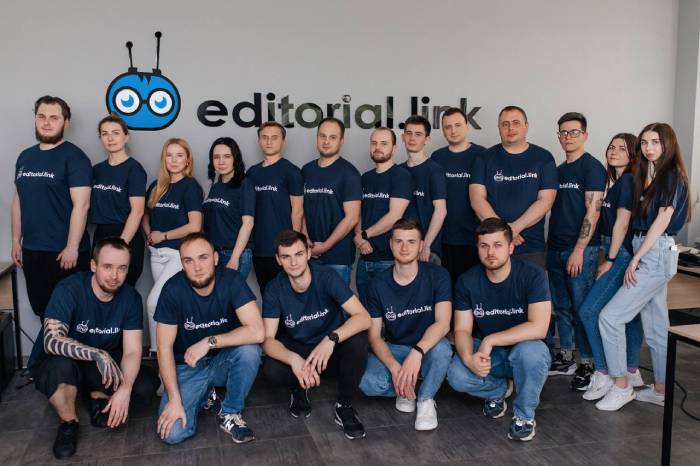
In my observation, traffic from Google is decreasing. Where we used to see significant traffic even from the 2nd or 3rd position, now it's noticeably less - and much of this is due to AI.
Additionally, Google continues to prioritize media outlets and high-authority sites (DA90+) in search rankings, even though their content is often less relevant. By 2025, I expect a significant portion of traffic will shift to internal searches within ChatGPT, especially now that it’s been launched. This means Bing is likely to capture some of Google’s traffic share. This is a trend we need to recognize and actively address.
- Dmytro Sokhach, CEO at Editorial.Link
Increasing Growth of Alternative Search Engines
It will be very interesting to see how internet users will respond to ChatGPT's search engine in 2025.
And given recent findings showing that ChatGPT is using Bing for a lot of their data, we may see the biggest shift away from Google when it comes to optimizing for SEO than ever before.
Our agency has already started keeping a closer eye on not only our rankings on Bing, but also our traffic from AI tools in GA4, and our presence in Apple Maps (which ChatGPT pulls from as well.)
On top of that, ChatGPT is really pushing itself and even created a Chrome extension to insert itself into the Google-owned product.
- Sarah Blocksidge, Marketing Director at Sixth City Marketing
I think the days of only focusing and optimizing for Google are starting to come to an end.
Yes, the largest search engine in the world isn't going to go down without a fight, but new players like SearchGPT, Perplexity, etc. are starting to emerge and gaining traction, so it would be unwise to leave them out of your SEO strategy for 2025.
So then, how do you optimize content and pages to rank in these new breed of AI search engines as well as Google's own AI Overviews?
Here are a few high-level things you can do to optimize for these search engines, however, I suggest you take a closer look at our detailed guide on Generate Engine Optimization:
- Get into Google's Knowledge Graph.
- Improve your website's E-E-A-T score so that you can be seen as an expert and an authority in your niche.
- Add quotes and insights from people that are external to your organization.
- Add statistics and real-world data to content.
- Use third party platforms like Yelp, Reddit, Google Business (GMB) to improve your brand's reputation and credibility.
Voice SEO Continues to Grow
According to research from The Think Tech, about 40 to 45% of US internet users use voice search at least once per day.
This rising demand and use of voice assistants like Alexa, Siri and Google Assistant, will mean that marketers need to adapt for a more conversational search experience.
Whst this means is the way users ask the query is changing because of voice search.
Unlike text searches, voice queries feel more like conversation filled with longer question based phrases.
For instance, a user might say "What is the weather in San Francisco today?" instead of typing "weather San Francisco".
Darryl Stevens from Digitech Web Design in Austin gave us some great tips on how to optimize for these conversational searches in 2025.
SEOs must optimize for natural language and question-based keywords in order to thrive in this atmosphere.
This means putting together FAQ pages, utilizing structured data to make answers available for rich snippets, and matching the content with the conversational tone of voice search.
The search for Position Zero and Featured Snippets is another area where Google will continue to reward responses that are short, structured answers designed squarely for voice matches.
We also know from research by Backlinko that almost 41% of voice search results are pulled from Featured Snippets.
The key takeaway being that if you can optimize for Featured Snippets then you increase the odds of being referenced in voice search results.
How to Prepare for 2025?
As we spoke to more agency founders, the most common theme was how AI is changing SEO, the other aspects like Core Web Vitals and Mobile SEO were mentioned, but AI took center stage.
So for 2025, SEOs need to think about their SEO strategy while keeping AI in focus.
Here are a few suggestions on how you can win at SEO in 2025:
- Know your ideal buyer/customer and write content for them specifically, and not Google crawlers.
- Publish new content for customers at each stage of the buying cycle.
- Google will be on the lookout for human signals in your content so add detailed author bios, statistics, personal experiences, stories, etc. to give your content that human touch.
- If you want to be featured in AI Overviews, directly address the main question or problem behind your target keywords in a short summary within the first few paragraphs of your content.
- Add FAQ sections to all your content and answer relevant questions in a conversational manner.
I'm sure 2025 is going to be an exciting year for the world of SEO, we might get a few shakeups and algorithm updates, but the changing search landscape offers plenty of opportunities for those willing to adapt to these changes.
What are you doing to prepare for SEO in 2025? Let us know by Tweeting to us @seoptimer.

